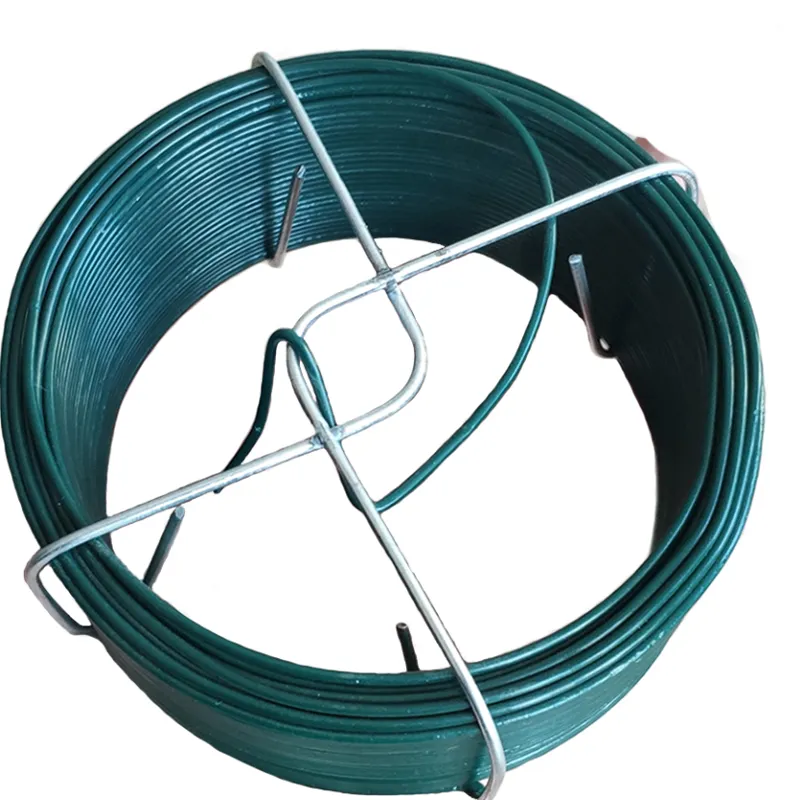-
 Phone:
Phone: -
 Email:
Email:

Cost Analysis for Installing Chain Link Fencing in Residential and Commercial Properties
The Cost of Installing Chain Link Fencing An In-Depth Analysis
Chain link fencing is a popular choice for both residential and commercial properties due to its durability, affordability, and versatility. When considering the installation of chain link fencing, one of the most significant factors property owners look at is the cost. This article will explore the various components that contribute to the overall price of chain link fence installation, the benefits it offers, and tips for obtaining accurate estimates for your project.
Understanding the Basics of Chain Link Fencing
Chain link fencing consists of woven steel wire that forms a mesh, creating a barrier suitable for various applications, from securing properties to creating enclosures for pets and gardens. The cost of chain link fencing can vary based on several factors, including height, gauge of wire, coating type, and the specific installation requirements of the site.
Factors Affecting the Price of Chain Link Fence Installation
1. Material Costs The price of chain link fencing primarily depends on the materials used. The gauge of the wire is a crucial factor; lower gauges (thicker wire) are typically more expensive but offer enhanced strength and durability. Common gauges range from 11 to 9, with 11 being thinner and less costly, while 9 provides increased security at a higher price.
2. Height of the Fence The height of your chain link fence can significantly influence the overall cost. Standard heights range from 3 to 12 feet. Generally, taller fences are more expensive due to the additional materials needed and the potential complexity of installation.
3. Coating Options Chain link fences can be coated with various materials, including galvanized steel, vinyl, or powder coating. Galvanization is a common choice due to its resistance to rust, making it a cost-effective option in the long run. Vinyl-coated fences offer a wider range of color options and enhanced aesthetics but typically come at a higher price.
4. Installation Complexity The cost of installation can vary greatly depending on the terrain and location of your property. Factors such as uneven ground, the presence of trees, or existing structures can complicate the installation process, resulting in higher labor costs. Additionally, locations that require special permits or comply with specific zoning regulations may incur additional expenses.
5. Labor Costs The cost of labor varies by region and contractor expertise. Hiring experienced professionals can ensure that the fence is installed correctly and to code, but it may also come at a premium. Gathering multiple quotes from different contractors can help you find a competitive price while ensuring quality work.
6. Gates and Accessories If you require gates or additional features such as barbed wire at the top of the fence, be prepared for an increase in overall costs. Gates can range from simple to automated designs, affecting the price accordingly.
price of chain link fence installed

Average Costs
On average, the cost of installing chain link fencing ranges from $10 to $20 per linear foot. However, this price can fluctuate based on the factors mentioned above. For a standard installation of a 4-foot high chain link fence around a yard of approximately 150 linear feet, you might expect to pay between $1,500 and $3,000, including materials and labor.
Benefits of Chain Link Fencing
Beyond its cost-effectiveness, chain link fencing offers numerous advantages. Its transparent nature allows visibility while still providing security, making it an ideal choice for enclosing yards without obstructing views. Additionally, chain link fences require minimal maintenance and have a long lifespan, providing excellent value over time.
Tips for Cost Management
1. Obtain Multiple Quotes Always seek multiple estimates from different contractors to ensure a fair price. 2. Consider DIY Installation If you have the skills and tools, installing the fence yourself can save significantly on labor costs.
3. Plan for Additional Features Factor in the cost of gates, accessories, and any necessary permits early in the planning process to avoid budget surprises.
4. Assess Your Property A thorough assessment of your property can help identify any potential challenges to installation, allowing for more accurate cost estimates.
Conclusion
Chain link fencing is an excellent investment for many property owners looking for a durable, low-maintenance, and affordable security solution. By understanding the various costs and factors involved in installation, you can make a well-informed decision that suits both your needs and your budget. Whether you opt for a professional installation or choose to tackle it as a DIY project, chain link fencing remains a practical and effective choice for enhancing property security.
-
Wire Mesh for Every Need: A Practical SolutionNewsJul.25,2025
-
Steel Fences: Durable, Secure, and Stylish OptionsNewsJul.25,2025
-
Roll Top Fencing: A Smart Solution for Safety and SecurityNewsJul.25,2025
-
Cattle Farm Fencing Solutions for Maximum SecurityNewsJul.25,2025
-
Affordable Iron Binding Wire SolutionsNewsJul.25,2025
-
Affordable Galvanized Wire SolutionsNewsJul.25,2025
-
Wire Hanger Recycling IdeasNewsJul.25,2025








